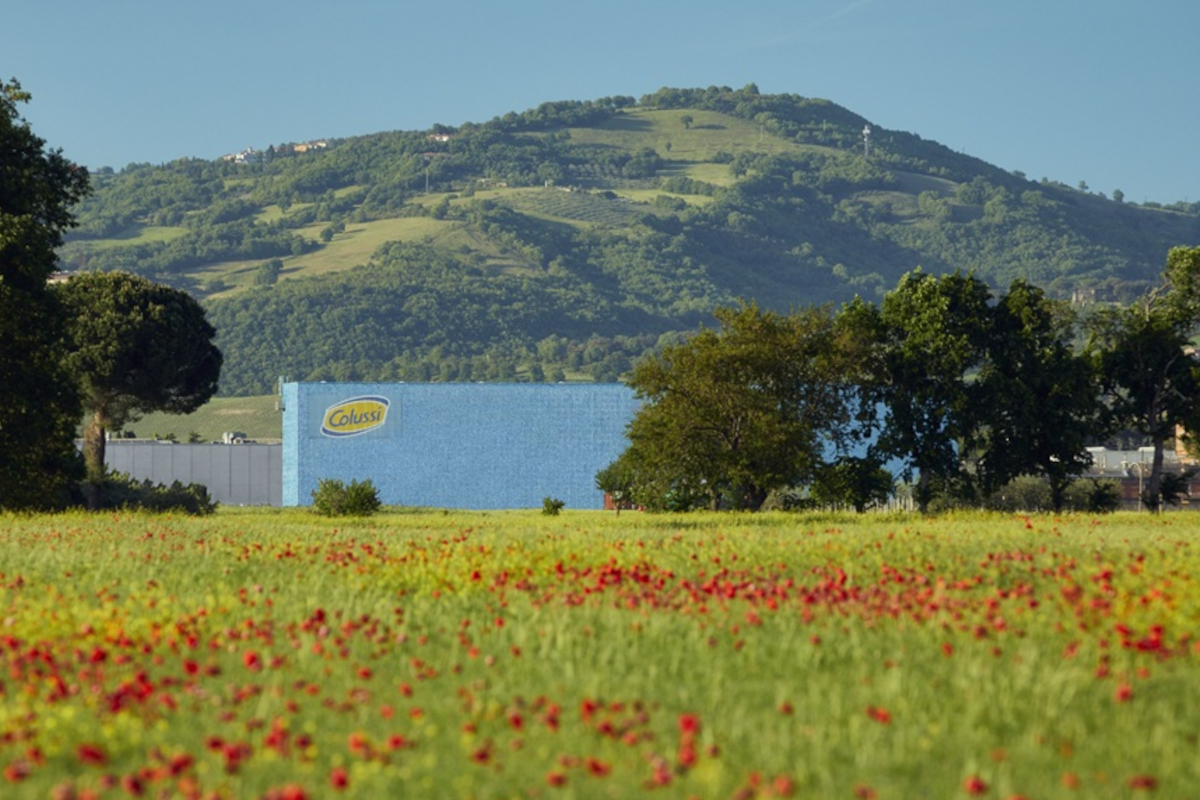
Italian bakery group Colussi has published its 2024 sustainability report, highlighting a sharp acceleration in its transition toward more sustainable and tech-enabled agriculture. Central to the strategy is the group’s controlled soft wheat supply chain, which now spans 6,900 hectares across Italy — up nearly 2,000 hectares, or 39%, from the previous year.
The expansion reflects Colussi’s broader push to embed regenerative practices and digital monitoring across its operations. The group applies a strict cultivation protocol that includes caps on fertilisers, glyphosate, and crop protection products, as well as five-year crop rotations. Farmers who adopt best practices will receive financial incentives.
Since 2014, Colussi has worked to tighten oversight of its agricultural inputs. That effort has been bolstered by Colussi Farm, a digital platform developed with agtech firm xFarm Technologies. Provided free of charge to all producers in the wheat supply chain, the platform allows real-time tracking of farm operations and delivers a consolidated view of the entire supply chain, improving efficiency, traceability, and environmental performance.
In a further step, the group has launched a pilot project exploring regenerative agriculture and biodiversity monitoring across 300 hectares. Developed with xFarm Technologies, dss+, 3Bee, and a group of selected farms, the initiative uses bioacoustic sensors to monitor pollinator populations — key indicators of agroecosystem health. The data will help assess the impact of soil regeneration techniques on biodiversity and carbon sequestration, with the aim of refining Colussi’s cultivation standards and scaling effective practices group-wide.
“Raw material cultivation is critical to our value chain — it’s the first safeguard for product quality and safety,” said Camilla Colussi, ESG Corporate Manager at Gruppo Colussi. “Through our controlled supply chain, we’ve built a transparent and collaborative model that delivers tangible value for all stakeholders: quality for consumers, fairness for producers, and environmental protection.” She added: “It’s a values-driven, measurable approach — and one we continue to invest in to improve processes, technologies, and relationships.”
